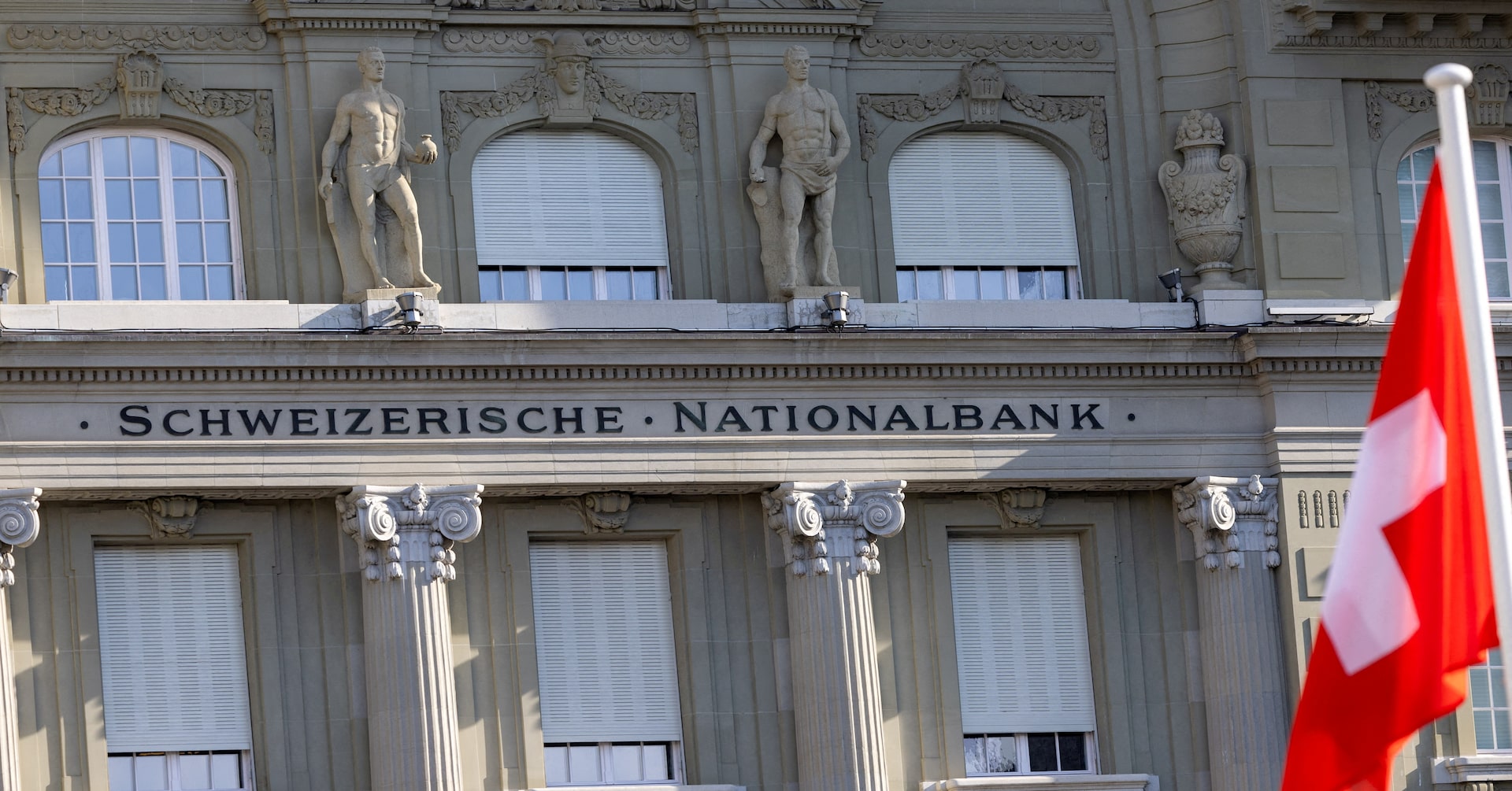Bitcoin Advocates Pressure Swiss National Bank: A Digital Currency Showdown

As global economic tensions continue to escalate, cryptocurrency advocates are intensifying their push for the Swiss National Bank to embrace bitcoin as a strategic reserve asset. The mounting pressure comes in response to the increasing economic uncertainty sparked by international trade tensions and geopolitical challenges.
Proponents argue that the current volatile economic landscape, particularly the disruptions caused by trade policies and global market fluctuations, makes a compelling case for diversifying national financial reserves. Bitcoin, they contend, offers a unique opportunity for the Swiss National Bank to hedge against economic instability and potentially secure a more resilient financial position.
The call for bitcoin adoption reflects a growing sentiment among financial innovators who believe that traditional central banking strategies need to evolve in the face of unprecedented global economic challenges. By considering cryptocurrency as a legitimate reserve asset, the Swiss National Bank could position itself at the forefront of financial innovation and demonstrate strategic foresight in an increasingly complex economic environment.
These cryptocurrency enthusiasts emphasize that bitcoin's decentralized nature and limited supply could provide a valuable alternative to traditional currency reserves, especially during periods of economic uncertainty and potential market disruption.
